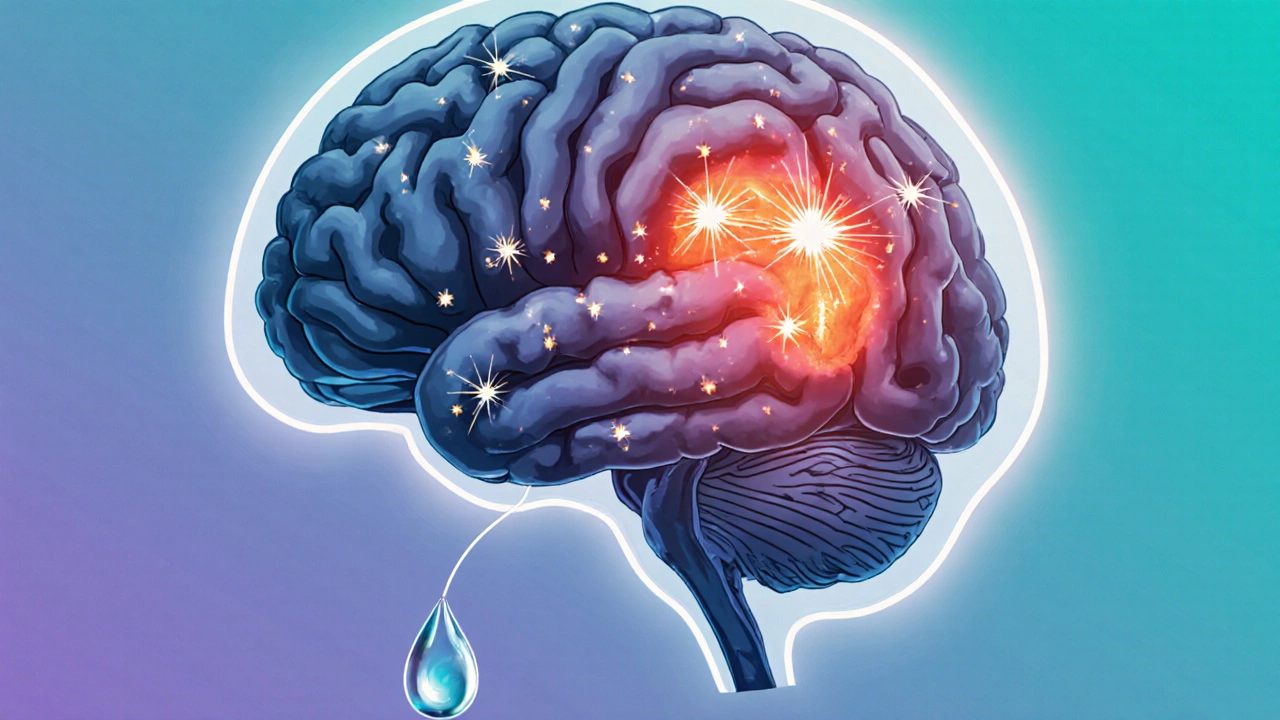Emotional Sensitivity: Why Indian Quotes and Poetry Speak So Deeply
When we talk about emotional sensitivity, the ability to deeply feel, process, and express inner emotions. Also known as emotional awareness, it’s what turns a simple line into a tear, a quiet moment into a memory. In India, where silence often speaks louder than words, emotional sensitivity isn’t just accepted—it’s woven into poetry, WhatsApp statuses, and the way people say ‘I love you’ without saying it at all.
This sensitivity shows up everywhere: in the way a ghazal, a poetic form rooted in Urdu and Persian traditions that captures longing and heartbreak holds a lifetime of unspoken pain in just two lines. It’s in the friendship quotes, words chosen carefully to honor deep, long-standing bonds that Indians share on birthdays or during tough times—no grand gestures, just quiet truth. And it’s why a single line like ‘Tumhare bina kuch bhi nahi’ can feel heavier than a thousand hugs. Emotional sensitivity here doesn’t mean being fragile. It means knowing exactly what words carry weight—and when to use them.
You’ll find this same depth in the way people write love statuses that make someone cry—not because they’re dramatic, but because they’re real. It’s in the quiet wisdom of Hindu spiritual quotes from the Upanishads, in the way a one-line birthday wish can feel like a warm hand on your shoulder. Emotional sensitivity is the reason Indian poetry still moves people decades after it was written. It’s why a six-line Musaddas or a simple Hinglish status can hit harder than a speech. This collection isn’t just about words. It’s about the spaces between them—the pauses, the sighs, the unspoken truths that only someone who feels deeply can put into language.
Below, you’ll find real examples—crafted by people who know how to turn feeling into text. Whether you’re looking for the perfect line to comfort a friend, express love, or just feel seen, these posts were chosen because they don’t just say something. They make you feel it.
Explore why ADHD often leads to easy crying, the brain chemistry behind it, and practical strategies to manage emotional sensitivity.
More